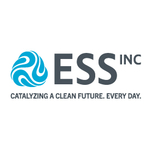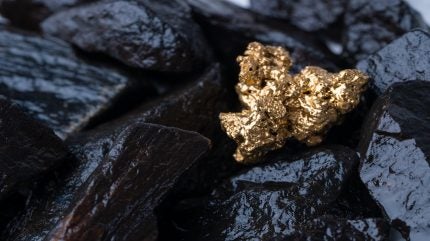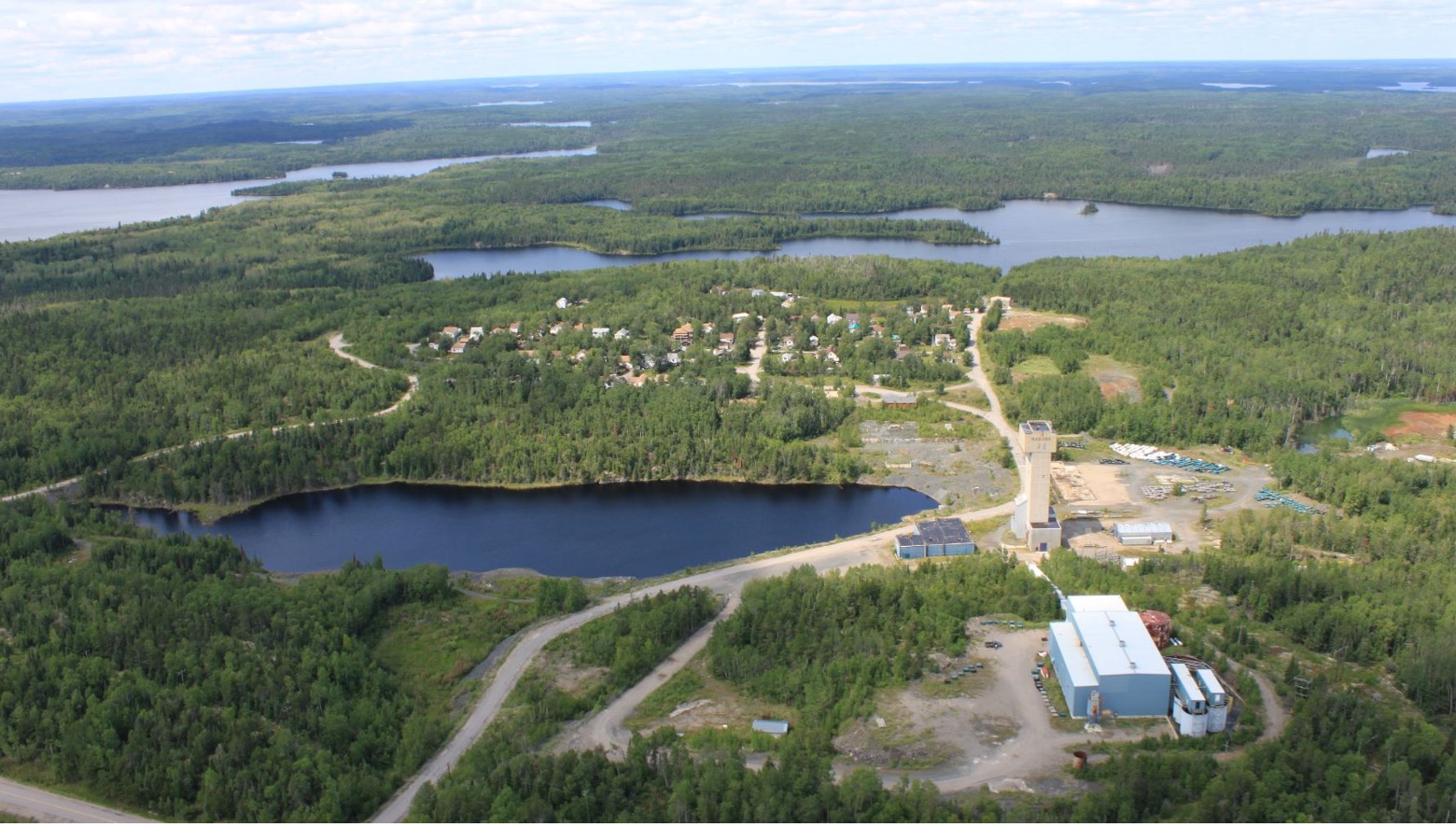London, 13 December 2023, (Oilandgaspress): – L10CCS, one of the large stores to be connected to the Aramis CO₂ transport and storage initiative in the Dutch part of the North Sea, has entered the next phase in the project, Front End Engineering Design (FEED).
Neptune Energy and its partners EBN, Tenaz Energy and ExxonMobil Netherlands CCS have successfully progressed the L10CCS project from the Concept Select phase, which includes various technical and economic assessments, into this next Define/FEED phase.
L10CCS seeks to store 5Mton CO₂ annually, equivalent to a third of the total CO2 emissions from Dutch domestic vehicles in one year*. All partners have signed up to a FEED Cooperation Agreement and Neptune has awarded the Facilities FEED contract to Petrofac, with the contract having kicked off last month.
The storage licence application for L10CCS was submitted in the second quarter of 2023. The project is awaiting award of the licence by the Dutch Ministry of Economic Affairs & Climate Policy. Talks with emitters, looking for a safe place to store their carbon in depleted gas fields under the North Sea, are ongoing and necessary contractual arrangements will be progressed during this project phase.
Completion of the technical FEED scopes is anticipated during the second half of 2024, with a view to progressing towards a project Final Investment Decision (FID) shortly thereafter in 2025. The timeline of L10CCS is fully aligned with the Aramis project timeline and is planned to be connected and operational as of day 1 of the opening of this CO2 transport system, now planned in 2028.
Lex de Groot, Managing Director of Neptune Energy in the Netherlands, the operator of L10CCS, said: “CCS is expected to account for nearly 15% of the cumulative reduction in CO2 emissions in the EU, according to the IEA Sustainable Development Scenario.
“Without CO₂ storage it would not be possible to meet the climate goals. To create a well-functioning CCS market, both emitters and storage providers need CO₂ transport. The region around L10 has a potential storage capacity up to 120-150 MT, so will play a crucial role in helping achieve climate goals and open up possibilities for many emitters that need safe CO₂ storage in the North Sea at low costs.”
EBN’s Business unit director CO2 transport and storage systems, Berte Simons, said: “We’re pleased to co-operate with our L10CCS joint venture partners in this carbon storage project where we can re-use existing infrastructure and that is linked to the Aramis project.
“With our subsurface knowledge and experience on storage we’ll be able to contribute extensively to the development of this project. The offshore storage of CO2 is pivotal in meeting climate goals and EBN is determined to contribute to a carbon-neutral energy system.”
ExxonMobil’s Low Carbon Solutions EU Business Development Executive, Marie-Laure Halleman said: “ExxonMobil welcomes the opportunity to collaborate with industry and the government in support of the L10 carbon transportation and storage project. Carbon capture and storage is a proven, ready-to-deploy technology that can help reduce emissions in some of the highest-emitting sectors and advance society’s net-zero goals.”
Anthony Marino, President and CEO Tenaz Energy, said: “We’re proud to be part of this consortium with our industry partners as L10CCS progresses into FEED stage. The L10CCS project, with its application of promising CCS technology has the potential to help achieve climate goals for both the Netherlands and for other countries in northwest Europe.”
*
About EBN
Energie Beheer Nederland (EBN) is a unique company in the energy sector that is wholly owned by the Dutch State. Known as a ‘policy holding’, it comes under the Ministry of Economic Affairs and Climate Policy. EBN was founded 50 years ago to represent the government’s interests in the extraction of energy resources – initially oil and gas – from Dutch soil. In light of the transition towards an energy supply from renewable sources in the Netherlands, EBN is putting its knowledge, skills and financial clout behind collective efforts to accelerate the development of a sustainable energy system. Specifically, EBN works to green the gas system, helps accelerate the heat transition and responsible carbon transport and storage, and contributes to the creation of the sustainable energy system of the future. In doing so, we always work with partners and with the public interest in mind: we work at the service of Dutch society as a whole. EBN employs over 190 people and is based in Utrecht.
About Neptune Energy
Neptune Energy is an independent global E&P company with operations across Europe, North Africa and Asia Pacific. The business had production of 135,000 net barrels of oil equivalent per day in 2022 and 2P reserves at 31st December 2022 of 552 million barrels of oil equivalent. Neptune aims to store more carbon than is emitted from its operations and the use of its sold products by 2030. The Company, founded by Sam Laidlaw, is backed by CIC and funds advised by Carlyle Group and CVC Capital Partners.
About Tenaz Energy
Tenaz is an energy company focused on the acquisition and sustainable development of international oil and gas assets capable of returning free cash flow to shareholders. Tenaz has domestic operations in Canada along with offshore natural gas assets in the Netherlands. The domestic operations consist of a semi-conventional oil project in the Rex member of the Upper Mannville group at Leduc-Woodbend in central Alberta. The Netherlands gas assets are located in the Dutch sector of the North Sea. Tenaz also has an ownership interest in Noordgastransport B.V. which holds one of the largest gas gathering and processing networks in the Dutch North Sea. Additional information regarding Tenaz is available on SEDAR+ and its website at www.tenazenergy.com. Further information on NGT can be found at https://noordgastransport.nl.
About ExxonMobil
ExxonMobil, one of the largest publicly traded international energy and petrochemical companies, creates solutions that improve quality of life and meet society’s evolving needs.
The corporation’s primary businesses – Upstream, Product Solutions and Low Carbon Solutions – provide products that enable modern life, including energy, chemicals, lubricants, and lower emissions technologies. ExxonMobil holds an industry-leading portfolio of resources, and is one of the largest integrated fuels, lubricants, and chemical companies in the world. ExxonMobil also owns and operates the largest CO2 pipeline network in the United States. In 2021, ExxonMobil announced Scope 1 and 2 greenhouse gas emission-reduction plans for 2030 for operated assets, compared to 2016 levels. The plans are to achieve a 20-30% reduction in corporate-wide greenhouse gas intensity; a 40-50% reduction in greenhouse gas intensity of upstream operations; a 70-80% reduction in corporate-wide methane intensity; and a 60-70% reduction in corporate-wide flaring intensity.
With advancements in technology and the support of clear and consistent government policies, ExxonMobil aims to achieve net-zero Scope 1 and 2 greenhouse gas emissions from its operated assets by 2050. To learn more, visit www.exxonmobil.com and ExxonMobil’s Advancing Climate Solutions.
Follow ExxonMobil on LinkedIn, Instagram and X.
Information Source: Read full article
Energy ,Petrol , Electric Power , Natural Gas , Oil , Climate , Renewable , Wind , EV , LPG , Solar , Electric , Electric Vehicles, Hydrogen, Oil Price ,Crude Oil, Supply, Biomass , Sustainability,




